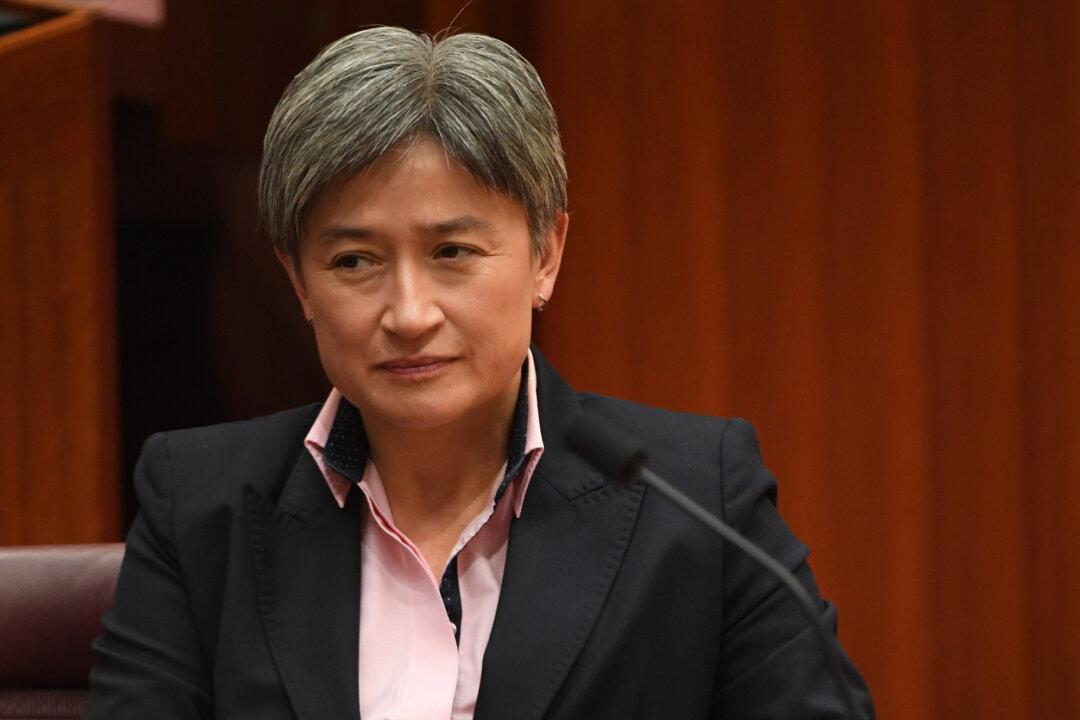Foreign Minister Penny Wong has again signalled to Beijing that good bilateral relations are dependent on billions in punitive trade sanctions on Australian products being removed.
The sanctions, implemented in 2020 as part of a targeted campaign of economic coercion against Australia, have been a sticking point for officials looking to stabilise ties.




